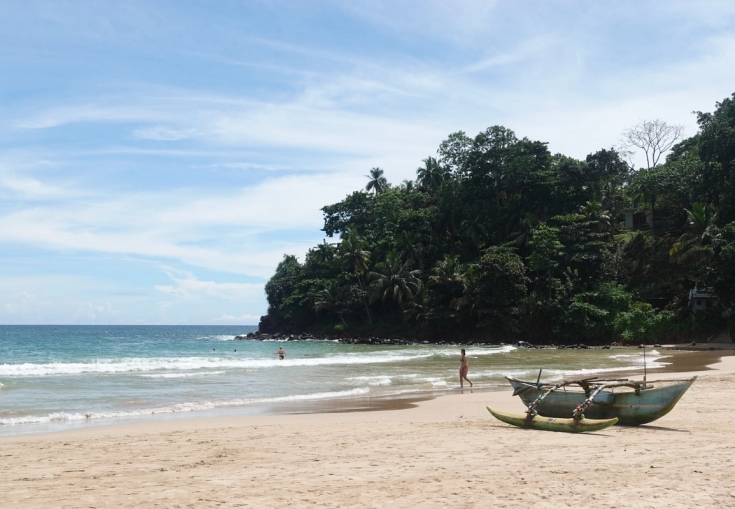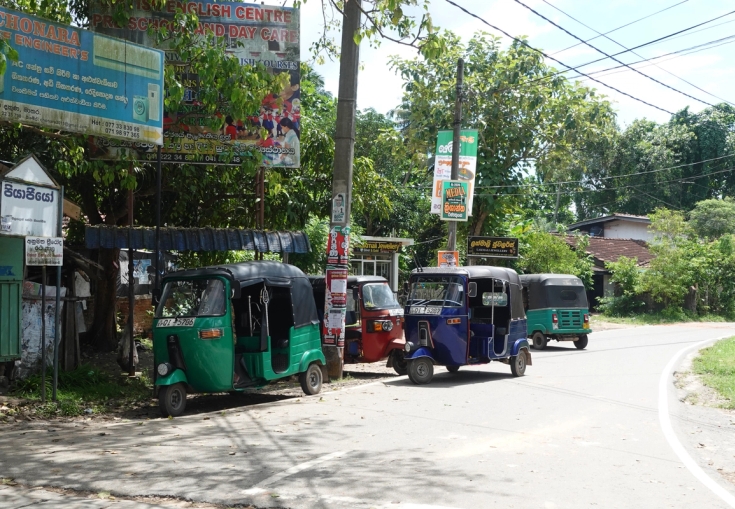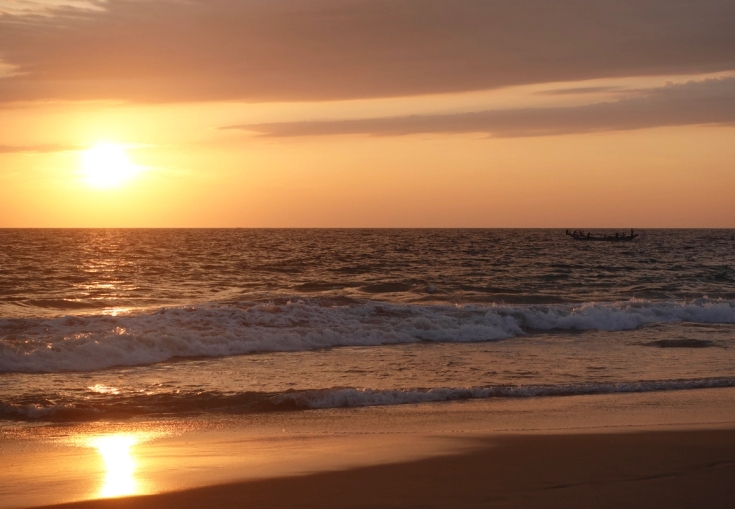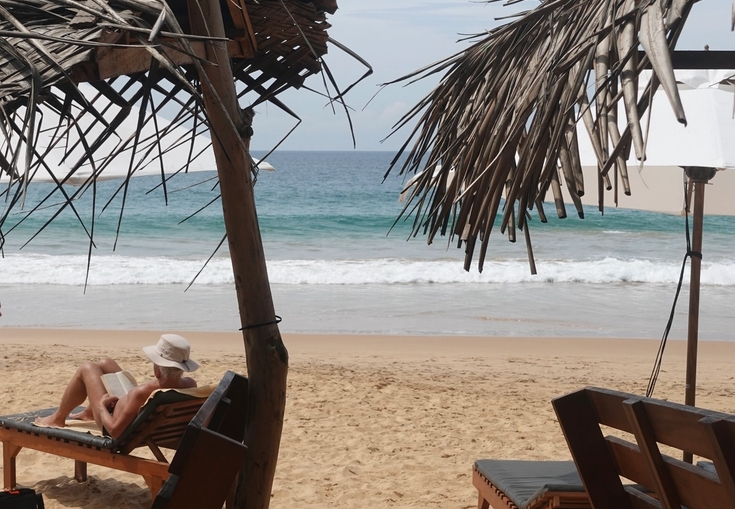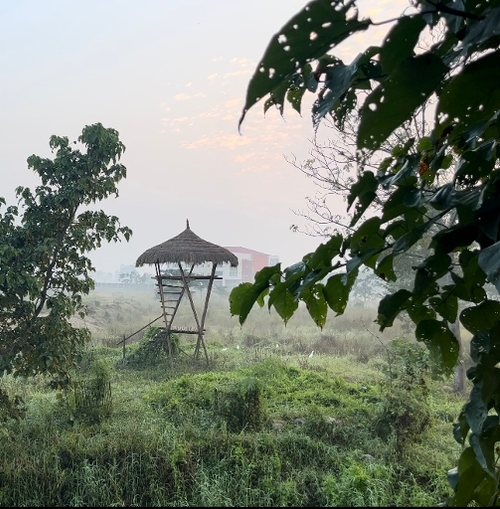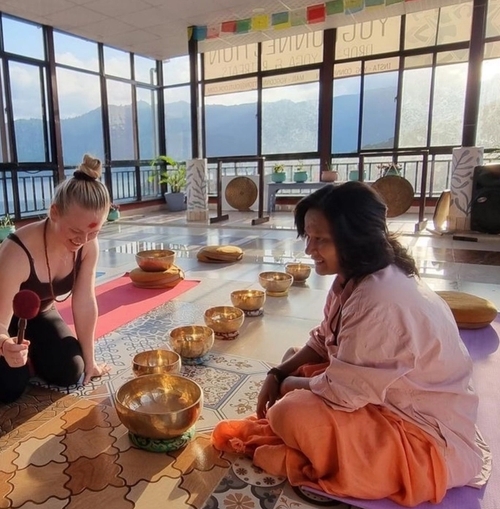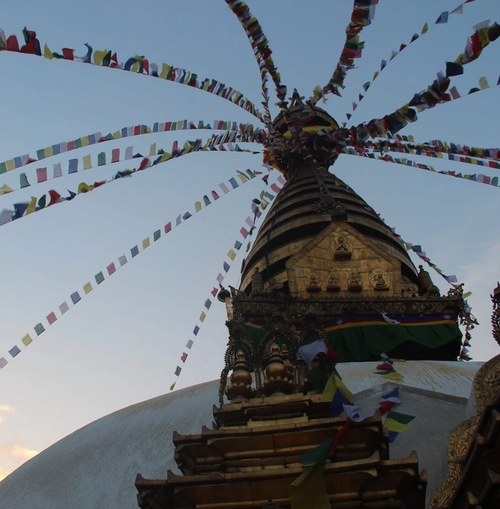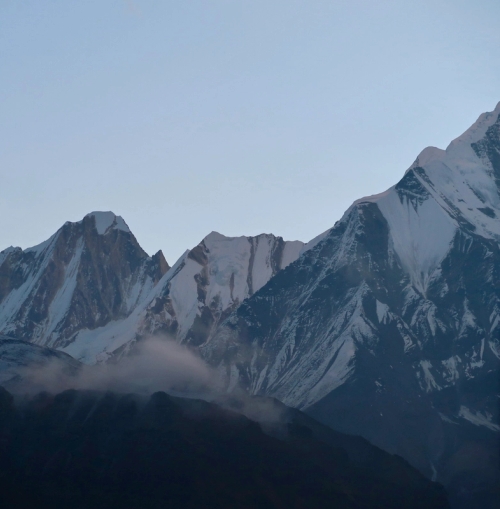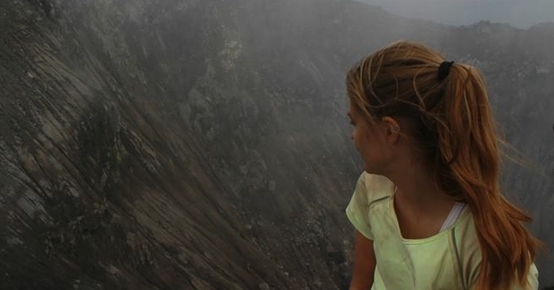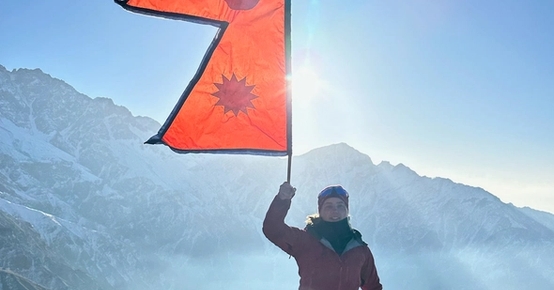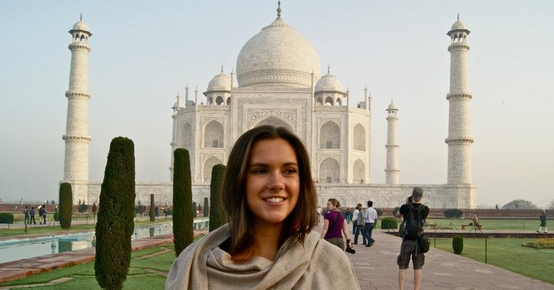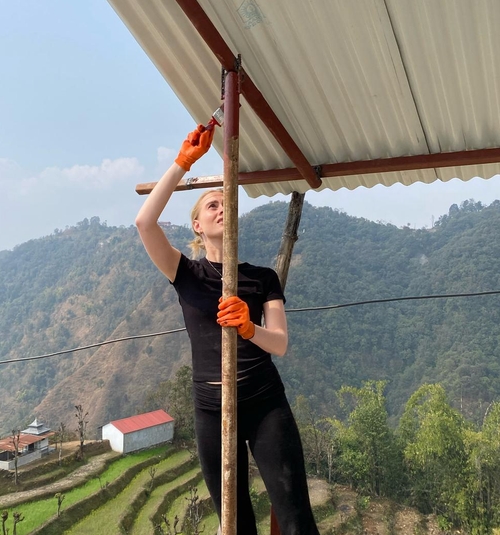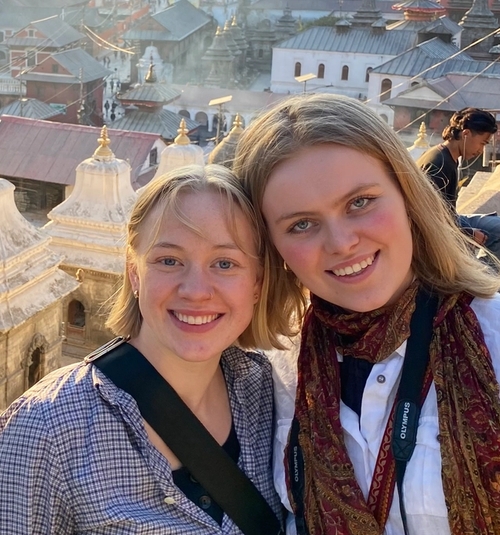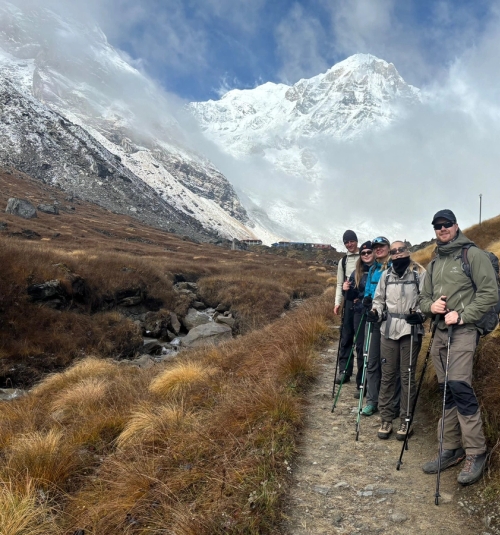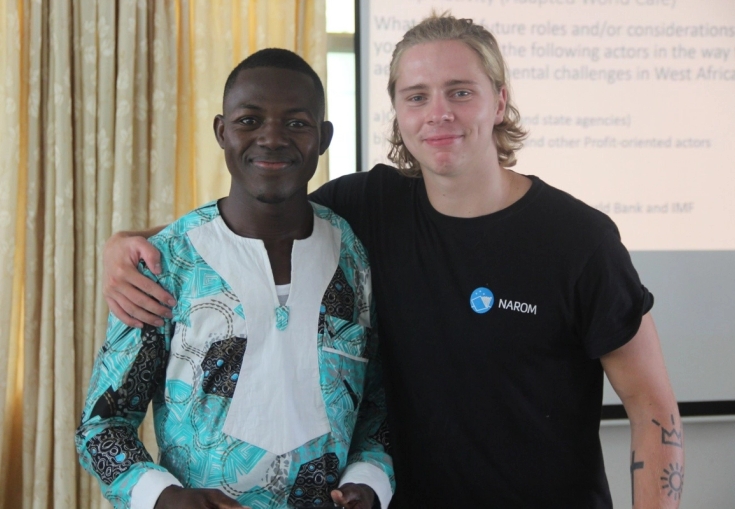
Study in Nepal and Sri Lanka
Visit spectacular temples and charming villages, get lost in Kathmandu or set off on a hike in the world's highest mountain range - all this and much more can be experienced from a base in beautiful Pokhara. Nepal still bears the marks of the civil war that ended in 2006 - but it is also a country with a rich culture, which will give you a warm welcome. After ten weeks in Nepal you can explore stunning Sri Lanka. The island nation, which also recently experienced civil war, is today a sought-after destination with tempting beaches and nature, and architecture and ruins that tell of a long cultural history.
Why study in Nepal?
Explore ancient religions, traditions, and rituals
Admire the Himalayan mountains right from your window
Study peace and conflict studies in a highly relevant context
Experience the great hospitality and warmth of Pokhara
Study programme
See all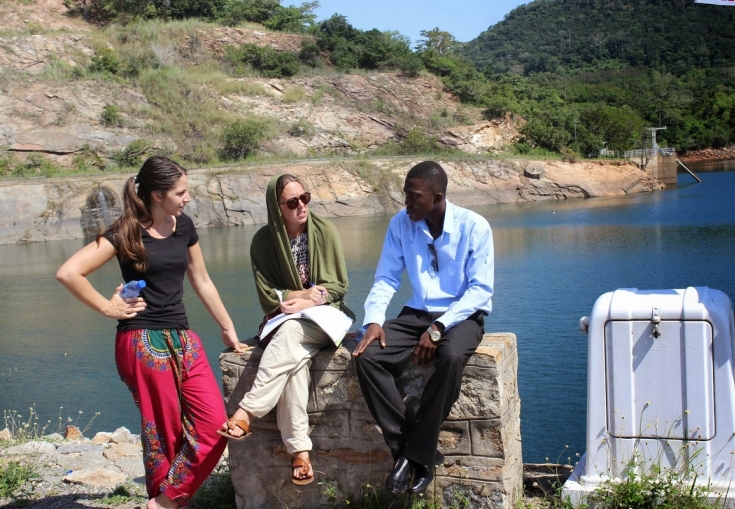
Scholarship opportunities
Are you a Nepali national and wish to take part in the Peace and conflict studies programme?
Each semester, we offer a select few local students the opportunity to take part in the course through our scholarship programme.
Legg inn link til side om scholrships

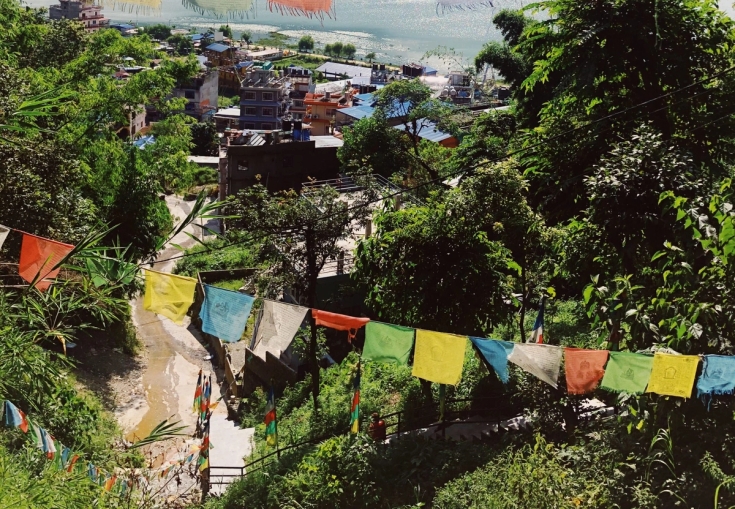
Pokhara - your charming new home at the foot of the mountains
Pokhara is Nepal's second largest city after the capital Kathmandu. However, it is no metropolis, with its 230,000 inhabitants and relatively calm atmosphere. From Pokhara's warm tropical climate, you have a fantastic view up to the snow-capped mountains that are 8,000 meters high.
Pokhara has historically been an important trading city, and in recent times the city has become a popular starting point for mountain treks in the Himalayas and Annapurna.
This is no doubt a paradise for those who love hiking, but Pokhara also has a lot to offer for those who prefer lazy days at one of the city's many cozy cafes or by a poolside, or who enjoy activities like rafting or paragliding.
Explore beautiful Sri Lanka
Sri Lanka offers an amazing history and culture as well as incredible natural experiences. This has contributed to a flourishing tourism industry after the civil war that raged from 1983 to 2009 came to an end.
The civil war had its roots in ethnic divisions between the Sinhalese majority and the Tamil minority. Sri Lanka's recent history makes it a highly relevant place to explore to learn more about ethnic tensions and post-war reconciliation.
With this backdrop, we invite students of peace and conflict studies to write their home exam on the southwest coast of Sri Lanka, right by the UNESCO World Heritage Site of Galle.
